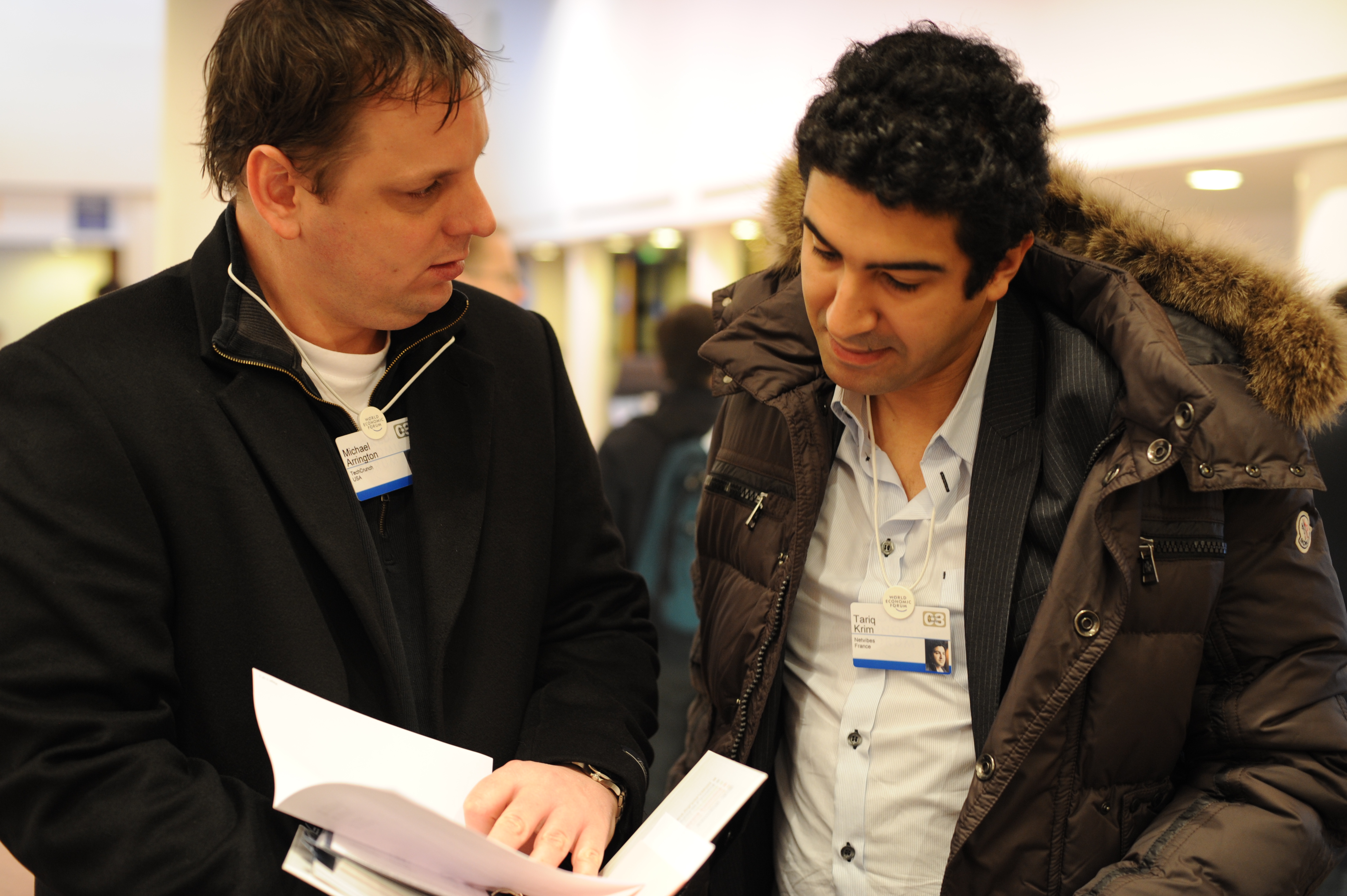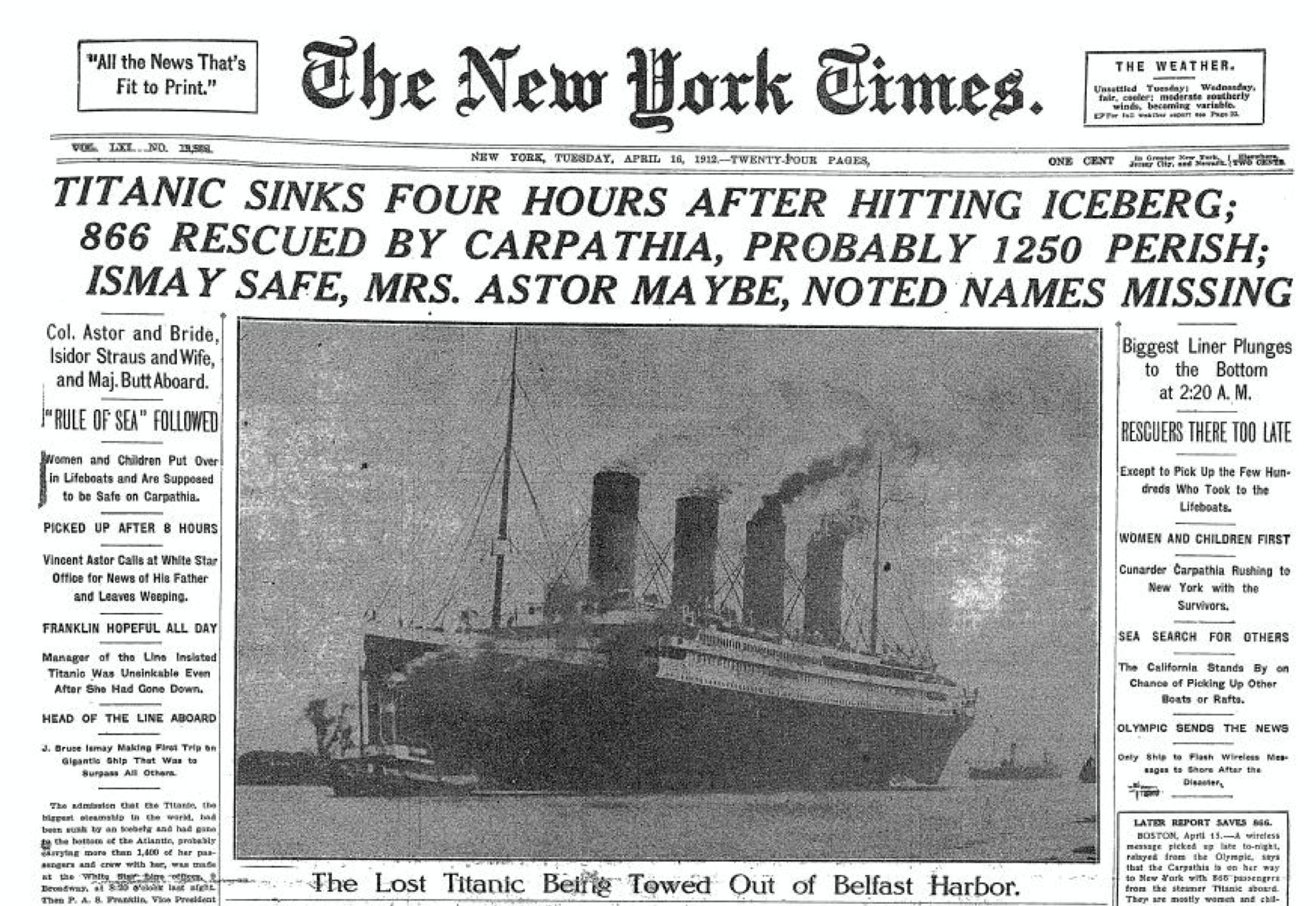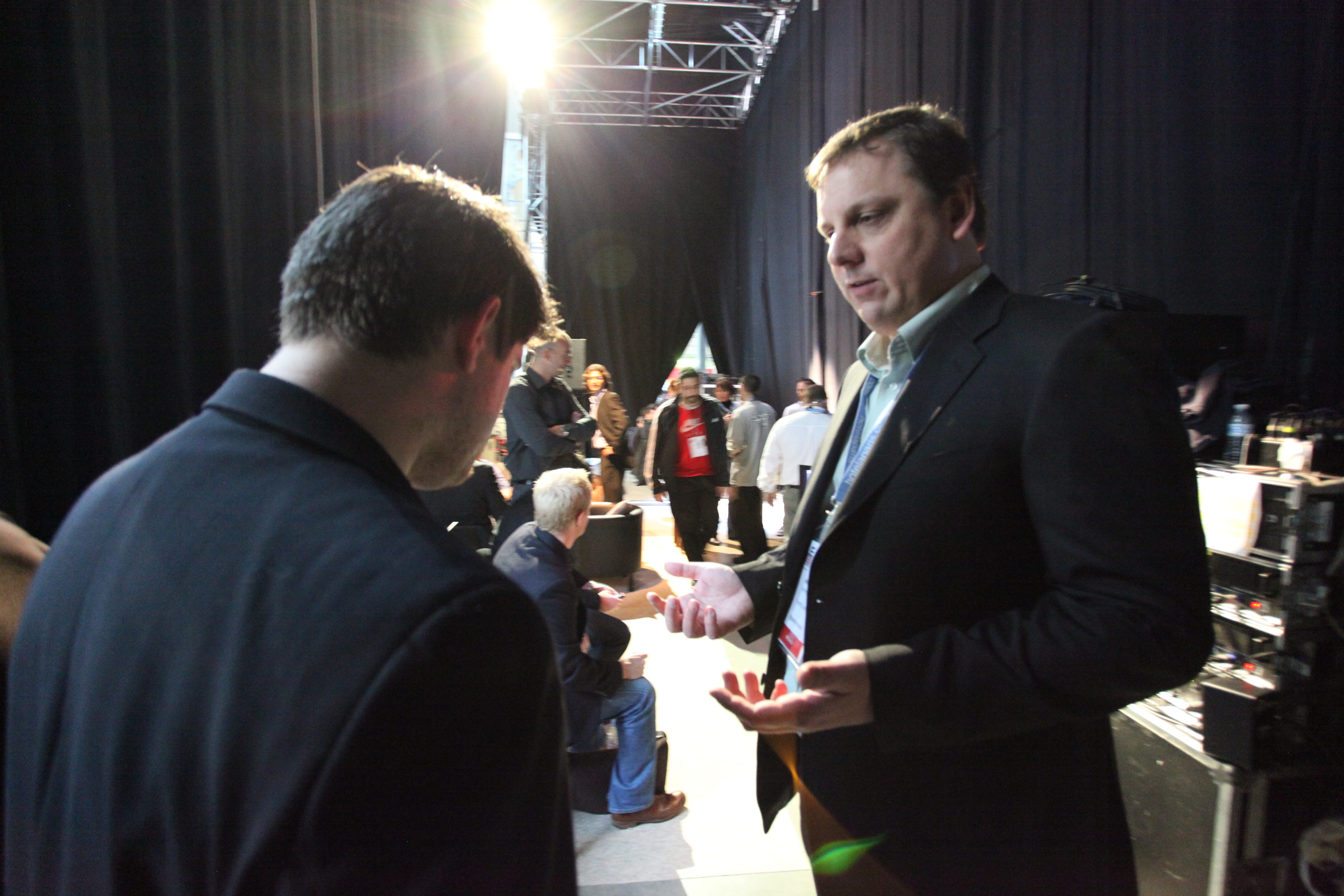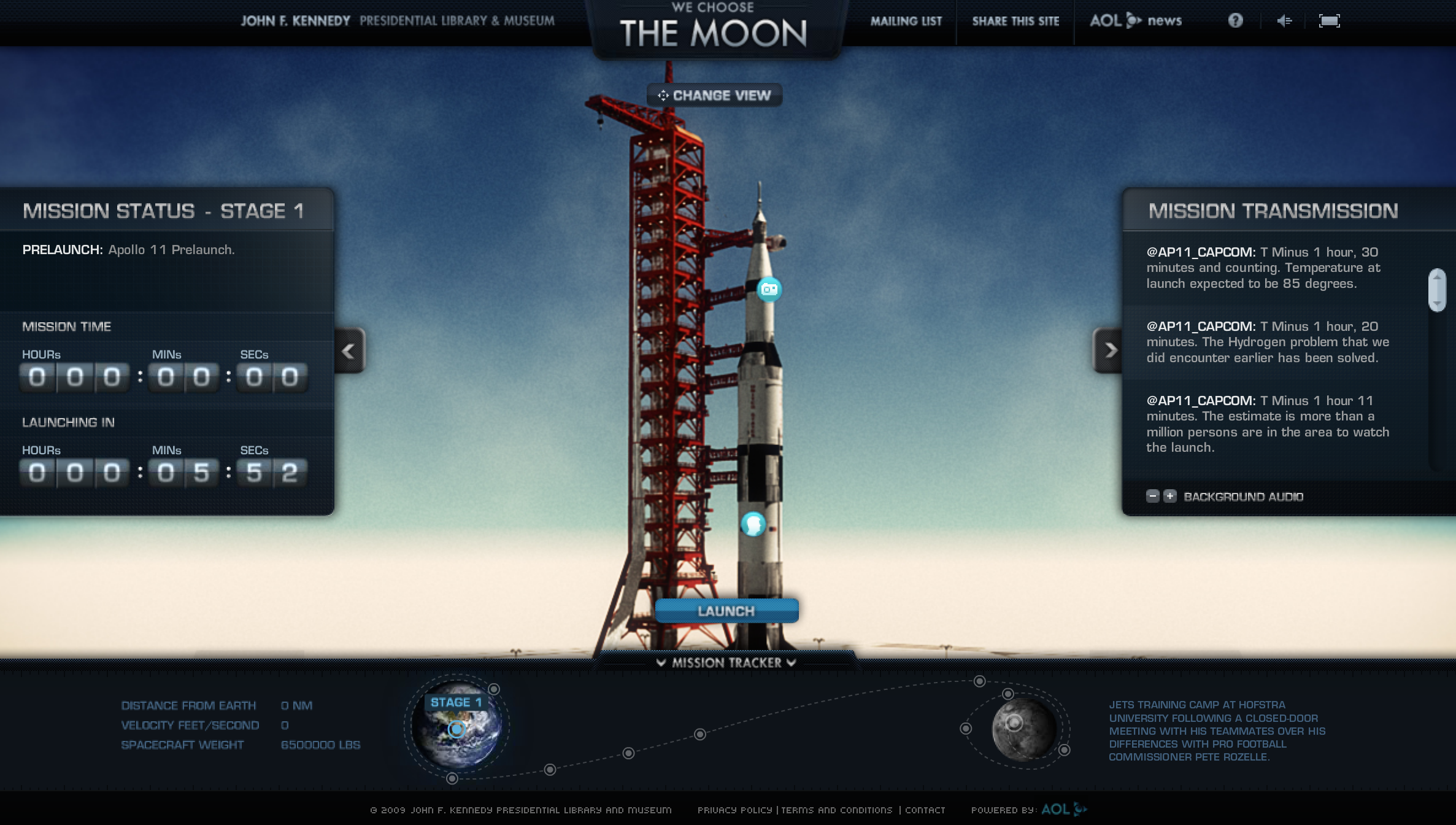Would you pay a buck to read New York Times story, “A Cul-de-Sac of Lost Dreams, and New Ones,” online? I would. The quality of reporting—over many months—and presentation, which includes photos and video, simply isn’t easily reproducible by most free-content, commercial blogsites. Perhaps in an alternate universe, the Times charges online for this story, which I saw yesterday on iPhone 3GS and my wife today in the newspaper. We subscribe to the Sunday Times.








